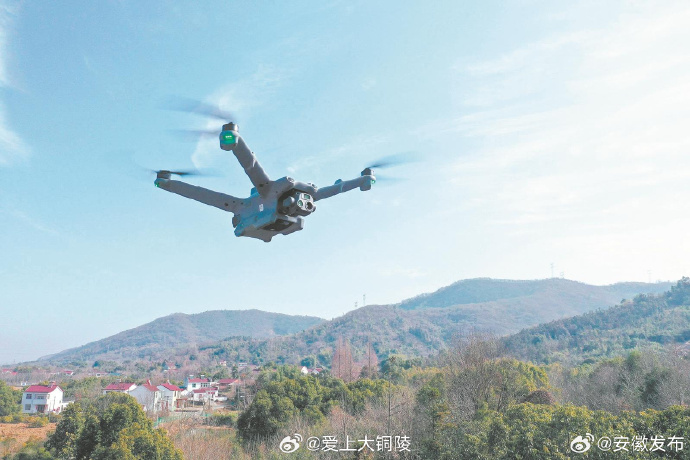Flying with Drones on Commercial Aircraft: What You Need to Know
In recent years, drones have become increasingly popular for recreational and commercial uses, prompting many enthusiasts to wonder: can you bring a drone on a plane? This critical question requires understanding the guidelines and restrictions imposed by airlines and aviation authorities. The answer is often yes, you can bring a drone on a plane, but with certain limitations and considerations.
Before you proceed, it’s essential to check your airline’s specific policies regarding drones as carry-on or checked baggage. Most airlines permit drones in the cabin, provided they meet size and weight restrictions, while others might require them to be checked due to security concerns.
Periodically, regulations regarding drones can vary by country, so if you’re flying internationally, ensure you’re updated with the destination’s rules to avoid unforeseen issues. For instance, some countries prohibit the importation of drones without prior approval.
Battery Safety and Storage
One of the most crucial aspects of bringing a drone on a plane involves its batteries. Lithium-ion batteries are typically used in drones, and they pose a risk of fire if not correctly handled. The TSA allows passengers to carry lithium batteries rated at 100 watt-hours or less in carry-on luggage. It’s advisable to pack your batteries in a protective case and take measures to prevent short-circuiting.
The International Air Transport Association (IATA) also outlines guidelines for traveling with battery-powered devices. Make sure any spare batteries are carried in your hand luggage, as placing them in checked baggage can be a safety violation.
Drone Accessories: What’s Allowed?
Along with your drone, you may want to bring additional gear such as remote controllers, propellers, or camera equipment. Typically, these can be packed in the carry-on, but it’s wise to check with your airline to ensure compliance with their rules.
Understanding Drone Insurance
If you’re traveling with a drone for commercial purposes, securing drone insurance might be required, especially in locations with strict aviation regulations. This insurance provides coverage for potential damages or incidents during your flight activities.
Moreover, align with local regulations on drone operations, as some countries demand insurance for commercial drone usage.
Prepare for Security Checks
When heading through security, expect your drone and accessories to be scrutinized under standard security checks. It’s advisable to pack them neatly to allow TSA agents to examine without disruption. Keeping your device in easy-to-access cases can expedite the process.
Moreover, be prepared to justify the purpose of carrying your drone, as security personnel may inquire about its intended use.

FAQs
Can I fly my drone in the airport terminal? No, it is strictly prohibited to fly drones within airport premises due to safety and security measures.
What should I do if my destination does not allow drones? If your destination bans drones, it is recommended to leave the drone at home or find safe, legal storage solutions.
Where can I find drone regulations for my destination country? Check the official aviation authority website of your destination for detailed drone regulations. Additionally, websites like UAV Coach offer comprehensive international drone laws resources.